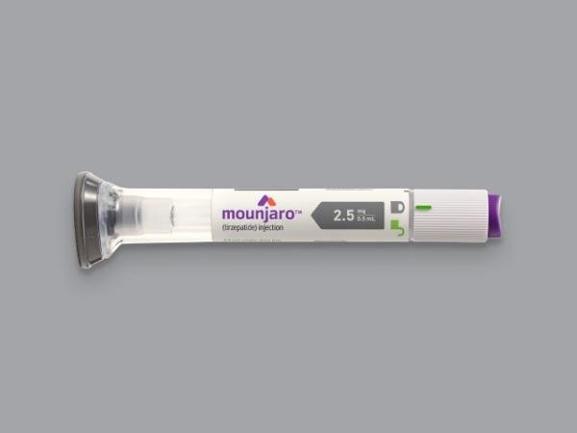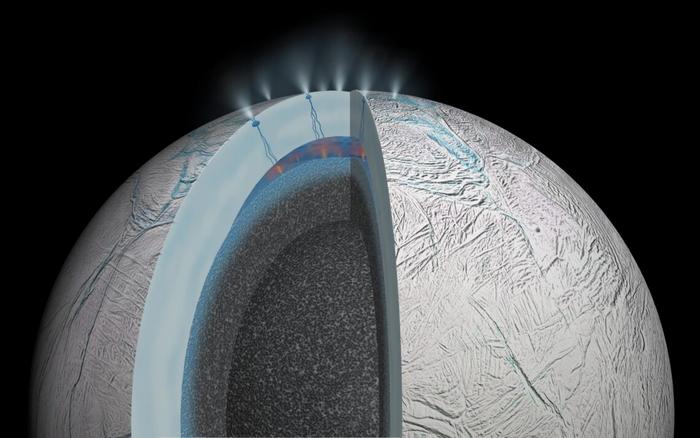Reporting in the current online edition of the journal BMC Medicine, researchers from UCLA say they can predict the number of H1N1 flu infections that could occur during a commercial flight using novel mathematical modeling techniques. They found that transmission could be rather significant, particularly during long flights, if the infected individual travels in economy class. Specifically, two to five infections could occur during a five-hour flight, five to 10 during an 11-hour flight, and seven to 17 during a 17-hour flight.
The U.S. government's biofuels policy needs a makeover, according to researchers from Rice University. In a new study published by the university's Baker Institute for Public Policy, the team says that the economic, environmental and logistical basis for the billions of dollars in federal subsidies and protectionist tariffs that go to domestic ethanol producers every year is seriously flawed and urge lawmakers to fundamentally rethink the policy of promoting ethanol to diversify America's energy sources.
Despite astronomers hopes, the rocky planet CoRoT-7 b that was discovered circling a star some 480 light years from Earth last October is likely a forbidding place that doesn't harbor life. Upon its discovery, experts said that was because the planet is so close to its star that
temperatures might be above 4,000 degrees F (2,200 C) on the surface lit by its star and as low as minus 350 F (minus 210 C) on its dark side.
Though it seems entirely obvious at this point, eating less and exercising more are the only reliable ways to lose weight. The reason for repeating this advice ad nauseum? An international team of researchers says it's because a body of scientific literature has arisen in recent years suggesting that fat oxidation – burning the fats we eat as opposed to the carbohydrates – is enough to promote fat loss. It isn't.
In a new paper published in Cell Metabolism, scientists say they have demonstrated that mice genetically altered to burn fats in preference to carbohydrates, will convert the unburned carbohydrates into stored fat anyway, and their ultimate weight and body composition will be the same as normal mice.
University of Utah biologists have found that finches – the birds Charles Darwin famously studied – develop antibodies against two parasites (a pox virus and a nest fly) that moved to the Galapagos, suggesting the birds can fight the alien invaders.
With the discovery that the medium ground finches produce antibodies aimed specifically at the parasites "the next step is to determine if this immune response is helping the birds or hurting the birds," says University of Utah biology Professor Dale Clayton, who led the new study published online Wednesday, Jan 6. in PLoS ONE.
Did you have a pushy physical education teacher that made you loathe exercising at school? If so, you're not alone. New research suggets that many people may have been persuaded to permanently avoid exercise as a result of the humiliation they experienced in physical education class.
In a study published in Qualitative Research in Sport and Exercise, Billy Strean, a professor in the U of A's Faculty of Physical Education and Recreation, says a negative lifelong attitude towards physical activity can be determined by either a good or a bad experience, based on the personal characteristics of the coach or instructor. For example, negative experiences may come from a teacher who has low energy, is unfair and/or someone who embarrasses students.
 Study: Caloric Restriction In Humans And Aging
Study: Caloric Restriction In Humans And Aging Science Podcast Or Perish?
Science Podcast Or Perish? Type 2 Diabetes Medication Tirzepatide May Help Obese Type 1 Diabetics Also
Type 2 Diabetes Medication Tirzepatide May Help Obese Type 1 Diabetics Also Life May Be Found In Sea Spray Of Moons Orbiting Saturn Or Jupiter Next Year
Life May Be Found In Sea Spray Of Moons Orbiting Saturn Or Jupiter Next Year









